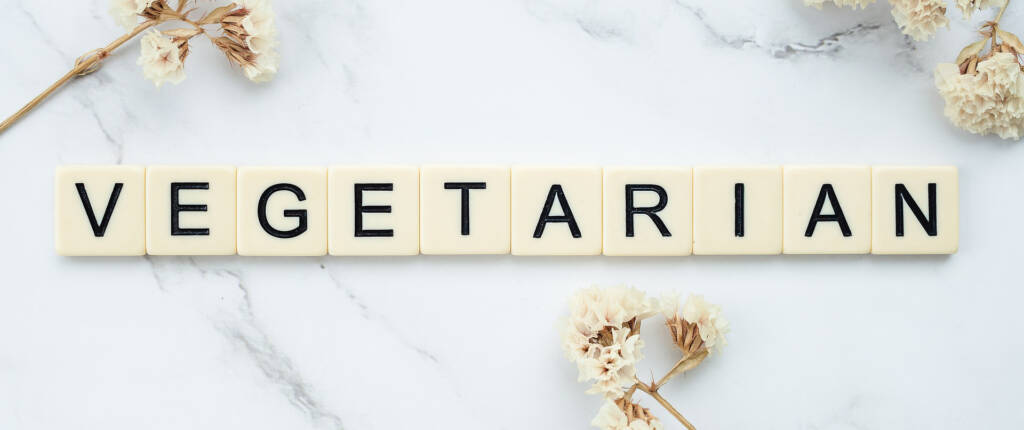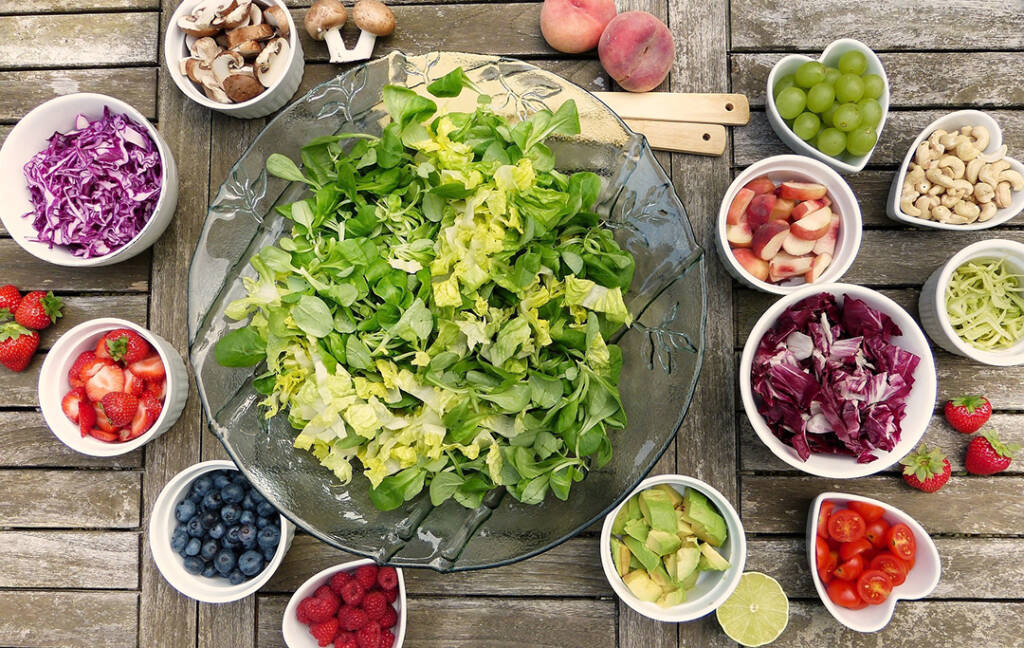The Vegetarian Society has chosen May 10th to 16th as National Vegetarian Week to “help the nation eat more veggie food”. It’s all about giving veggie food a go. This is in the Veggie 123 challenge: go veggie for one week, nominate two friends to do it too, and donate £3 to the Vegetarian Society.
On top of this there are various offers, promotions, competitions, and prizes all to draw us into the challenge. Chosan is supporting this by offering a free rich chocolate baobab mini spread with every purchase of our baobab taster selection.
Healthy eating first…
We believe passionately in natural foods as a source of healthy eating. Because vegetables (as well as fruits and nuts), provide us with a good many of the nutrients we need. Superfoods like Baobab are exceptionally good for this.

The nudge provided by National Vegetarian Week is to encourage us to adopt more plant forward diets. This is a diet which allows us to enjoy meat but in much smaller quantities. As the majority food on our plates should be vegetables and/or fruit.
The premise is that once we get used to a plant forward diet, we’ll more easily progress to a plant-based diet. That being a diet that revolves primarily around eating plants, substituting meat and meat by- products with plant protein.

The term “plant-based” is seen as a more inclusive and appealing alternative to “vegan”. It fits with following a lifestyle that reduces animal-based products but not necessarily removing them completely from the diet.
Globally more than two fifths of consumers are actively reducing their consumption of meat
A new report shows that this is already happening. Globally more than two fifths of consumers are actively reducing their consumption of meat. The fast growing popularity of plant-based foods (vegan and vegetarian food) is mainly because of an increase in flexitarian consumers. These are people who are actively cutting down on animal-based products but have not fully eliminated them from their diet. Compared to vegans and vegetarians who make up 4% and 6% of global consumers respectively, flexitarians account for 42%.
The research…
According to research there is a clear pattern emerging. Younger consumers are far more likely to follow plant-forward diets, reducing their meat and dairy intake, than older consumers. 54% of Gen Zs are now avoiding meat and animal-based products. While only 34% of baby boomers are doing the same.
According to the research, by shoppers, Australia is the most flexitarian country with more than 45% stating that they practice animal product restriction. UK and US follow closely behind.
This could be related to coronavirus as a US survey suggests. Finding that the majority of shoppers are now actively reducing their animal product since the start of the pandemic. A European survey also confirms that flexitarianism is the fastest-growing trend there.
“Moving forward, claims more aligned with flexitarian lifestyles, like plant-based, are expected to flourish and the U.S. is leading that trend, mainly in the meat substitutes category.”
Euromonitor industry manager of food and nutrition, Maria Mascaraque
In the UK this is seen in the growing number of vegan restaurants and the increased availability of vegan and veggie food/plant-based foods in supermarkets. Researchers expect large and small food producers to continue to diversify their plant-based offerings, launching new food product categories.

The flexitarian view
Speaking personally as a flexitarian, I am very happy eating more veggie or plant- based foods. I am also fully behind National Vegetarian Week. Due to food allergies and intolerances there are a number of dairy alternatives to cream, cheese and sour milk products and plant-based ice creams and yogurts have become increasingly readily available.
I am happy giving all these a try as well. I’m also fine with gelatine-free and honey-free sugar treats. But I’m not so sure I’m quite ready to go down the meat substitution road.
Images above Photo by RitaE, silviarita, healthguru and Uwe Conrad from Pixabay


Add Comment